Get posts by email
Thoughts on social capital and location independence in a time of climate change (and other crises), in the context of an intergenerational familial “homestead”
August 26, 2024
I apologize for the mouthful of a title, but that’s just the best way to describe this essay. Also, before I jump in I need to qualify my use of the word homestead.
We do not own, as a couple or as a family, a large tract of land on which we farm or build self-sufficiency. But we have two generations that own and live on an intergenerational family property with multiple homes, gardens, outbuildings and the like. We jokingly refer to it as “the compound”.
We also call it the name given to the property by my parents years ago, The Sanctuary.
And now, the essay.
There are many branches on the decision-making tree of our move to Nova Scotia but they all trace back to the same root. This is where my parents live.
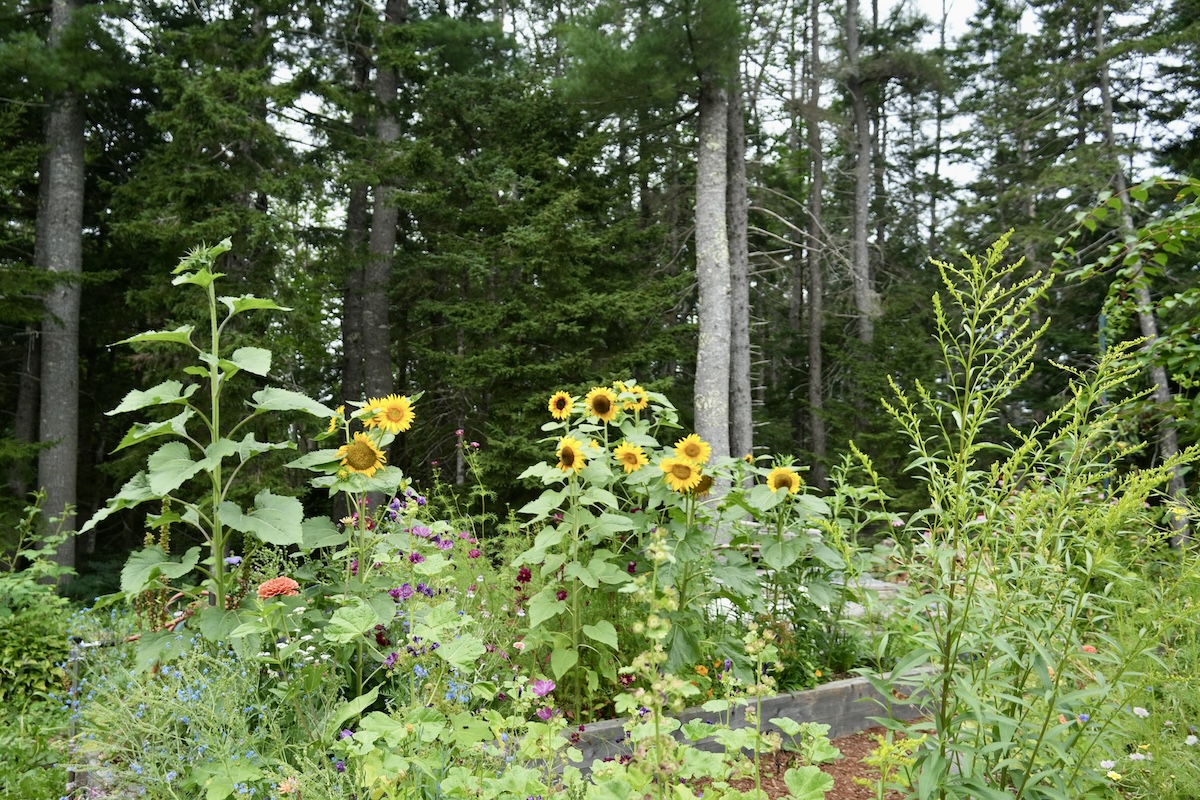
Damien and I have made several big moves through our marriage and family raising years. (AB to NJ, NJ to ME, ME to Gaspé Peninsula, Quebec, Gaspé Peninsula to Montreal.) This is the only move we’ve made where we have connections to people already existing in that place. Contrary to all our other moves in which we were entering unknown waters, this time we steered our ship into the well-established port of my parents’ life.
There are many contributing factors to my parents’ solidity in this place. One of those is their myriad personal and professional connections and relationships. As has already proven true in the 2 months we’ve been here, their existing social network helps facilitate our transition and establishing ourselves here.
In sociological terms, we've tapped into their social capital.
Social networks and connections are something that families have traditionally shared. The word traditional can be problematic and I don’t want to use it without some definition.
What I mean by that word, in this context, is when successive generations mostly stayed in the place of their birth and upbringing.
Of course even in the pre-industrial periods this was not a given. Failed crops, the conquests of empire building, raiding, and enslavement forcibly moved people away from their homelands and kin. I am not a historian so I can’t speak to the rates at which these things happened in each generation, but they definitely disrupted people’s lives.
However, the possibility and even necessity for migrations away from lands and families of origins became part of the fabric of life for many humans, including my ancestors, with the empire building of European nations in the late 16th and early 17th centuries, followed by the industrial revolution of the 18th century and then globalization starting in the late 19th century.
So what I mean by traditional is both the period before all this, but also holding to a pattern of staying where you are from in this current post-industrial globalized context.
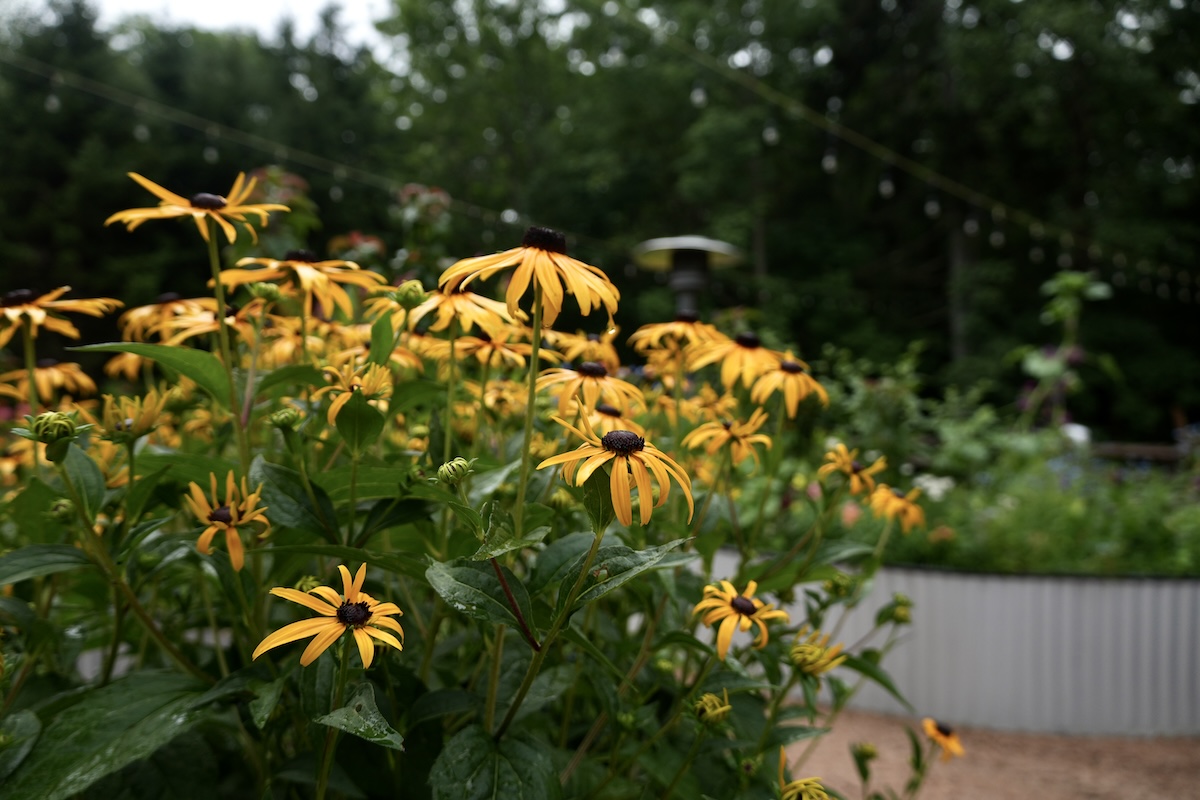
When successive generations stay in one place families can easily pass along their social capital to children and grandchildren.
Social capital is all those connections to a community that take time to build. This includes everything from knowing tradespeople and service providers to building a network of close friends. Social capital helps adolescents get first jobs, it brings meals to your home after you’ve had a baby, it helps parents of young children secure childcare, etc.
A globalized, technological, and money-based culture has changed these traditional patterns though they still hold true in many people’s lives on some level. Western culture has moved away, at least in its idealization of itself, from social connections and social standing as how we secure a place in society.
The liberal ideal on which Western culture is founded is, in theory, meritocratic - it’s what you know and how hard you work, not who you know and your birthright that determines your destiny. Of course this is idealized and is not how things work in real life as those with power always pull levers to affect outcomes in their, and their beneficiaries favor. And as long as unchecked biases remain within people’s unconscious thinking and within the systems that govern our lives you better believe your birthright has a lot to do with your destiny.
The exchange of money and transactional social relations fit well with this idealized liberal Western paradigm. You don’t have to depend on your social relations or your family’s standing in the community to secure your needs. All you need is the ability to earn money.
Once you have money you can buy what you need and hire the services you require. Meals, childcare, old age care, all the rest. This frees you from having to depend on your relations, which for many people is a very good thing seeing as their relations are not dependable.

Of course being humans (and thank Goddess for this), we resist a completely transactional ideology because we are fundamentally relational beings. However, we are also very adaptable and so we can adopt these highly transactional ways of being, especially when we need, are forced to, or want to distance ourselves from having to depend on others.
To which I ask, Why? Why would we feel the need to distance ourselves from having to depend on others? And why would one’s relations not be dependable? What economic and political forces are working to undermine and attack the social bonds that humans form and depend upon to have our needs met? And who gains when those bonds are undermined? Who loses?
The exploration of these questions is where many of my own sociological interests lie, but I’m not going there today.
I’ll wrap up this sociological introduction with these broad stroke conclusions.
In general, humans used to rely more on generational social relations and connections for securing their life needs. If you were born low on the social heap this disadvantaged you. Human developments in the last 500 years or so have disrupted this apple cart with positive gains for many people, but also losses for others.
Even in the transactional and supposedly meritocratic nature of a money culture, humans are social animals, and having strong generational social connections brings advantages. And if you have both (money and strong relational networks that aren’t based on that money), you are doubly-advantaged.
Our social networks matter. And passing along social networks to our children is a way that parent’s help their children establish themselves in life.
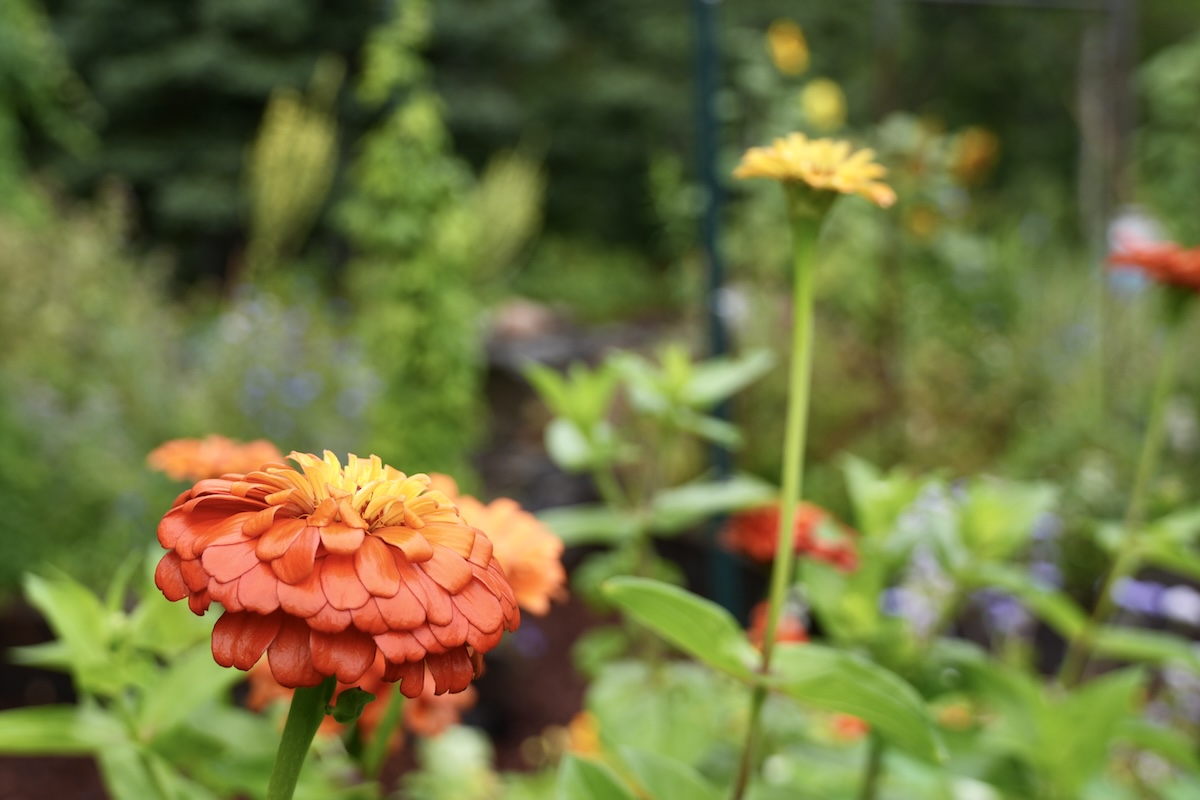
So now I'm going to bring this to my own life.
I grew up in a very socially-connected home. Sociologically speaking, my upbringing had high social capital. My parents knew and were connected to a lot of people in our community with their small businesses, civic, and church commitments.
I’ve long recognized this social capital, without having those exact words for it. Which is why it’s so ironic to me that I left all that to forge my own path in life with my husband, moving multiple times to places where we knew no one, and had no connections. We’ve had much weaker bonds to community and place than I experienced growing up.
Our goal has been location independence. We wanted to build a career for Damien that didn’t depend on being in a particular place so we could live where we wanted and move as needed for opportunities and experiences. This is a liberal, progressive dream made possible by the social, economic, and technological factors I’ve already discussed.
We leaned hard on the benefits of a globalized economy and knowledge work to pursue this dream. The result is a less rooted life than the one I experienced growing up.
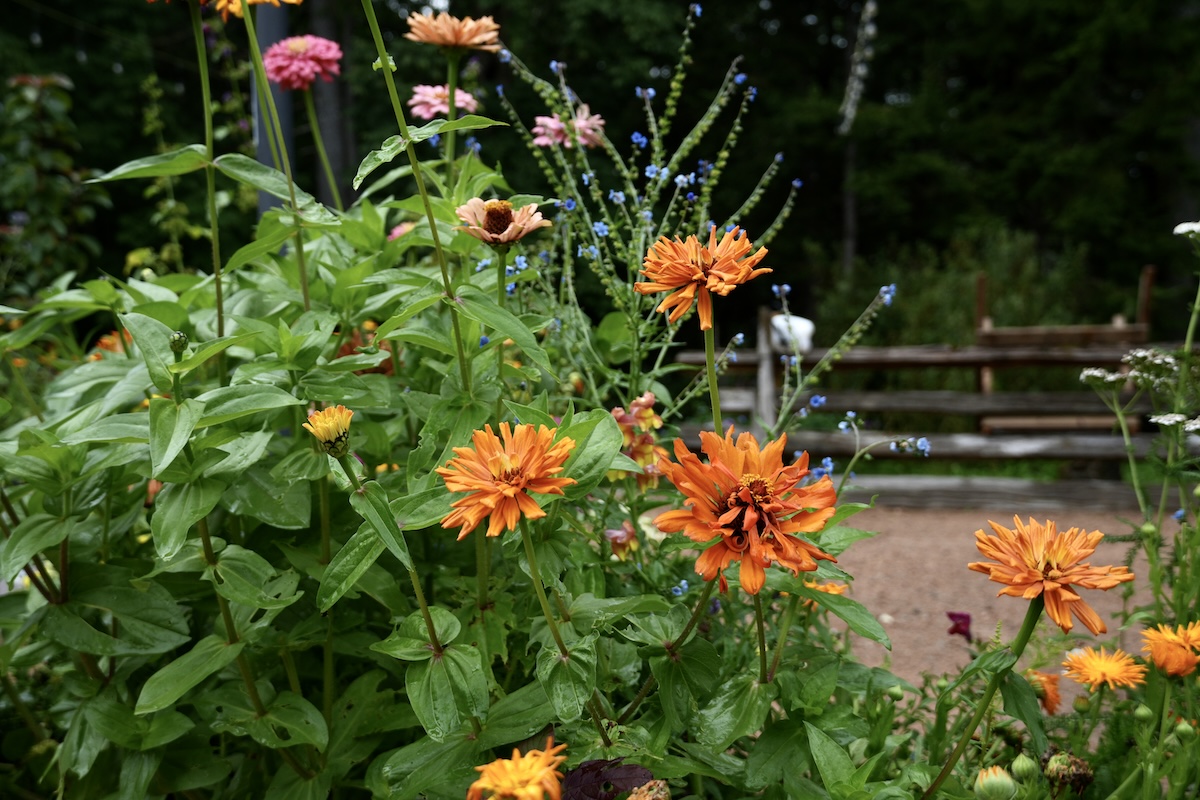
Perhaps not surprisingly, given the cultural messaging, I didn’t give that possible outcome much thought as a young adult choosing to go far afield and live an adventure with my husband.
As our children have grown I have thought about how this choice affected them, both positively and negatively. We did not have a lot of social capital to give our young adult children, especially after leaving church and aging out of the homeschool co-op, both having provided our strongest social connections in Montreal.
When I was their age, early twenties, I had been drawing from my parent’s social capital for years. And then my young husband and I left it all to strike out on our own, thousands of kilometers away, as people can and do in a globalized, knowledge-based, and post-industrial economy.
Reflecting on all this as I move back into the orbit of my parent’s social connections and location-dependant household economy is really fascinating for me.
Our lives, whatever they look like, are not simply the result of individualized choice and agency. Certain things are only possible because of the time and place we live in and our birthrights - the genetic and familial heritage we come from and what that bestows and burdens us with. Other options are completely closed to us. This rubs against the idealized liberal worldview where you can be anything and do anything, independent of your embodiment, history, and context.

The development of my own adult life thus far has not built the same breadth and depth of in-person connections and networks as my parents’ enjoyed at my age. This is because of moving around, but also because both my parents are extraverts and they operate as a team at building community. Additionally they both come from large families with a shared cultural background of hospitality and extensive church involvement. These personal and familial traits, values, and habits help you build a web of social connections.
Damien and I, individually and together have created a myriad of digitally-facilitated connections through the years. Although as Gen X-ers we’re not digital natives, we adopted social technologies and networks early on, in part because of Damien’s technologist bent.
I feel digitally connected to people all over the world, but mostly across the North American continent, and have experienced the benefit (even materially) of these connections in my life.
However, at this stage of family life and given the times we live in, it now feels imperative to be well-rooted and established in a physical community.
Being connected to my parents and to what they have built here, both materially and relationally, shores up the resiliency of our whole family for the times we live in.

To go back to my sociological thoughts from earlier in this essay, the un-attached, transactional, and global individual (and indeed you are very much an individual in such a context) only works when you have material resources, where your money or skill set that can earn money in the economy can cushion you from crisis. And just as importantly, you need a fairly stable eco-social-political environment.
I don’t know that there has ever really been a time of such stability. However, I do think that the vision of an individual roaming the globe, or even North America, depending upon a transactional economy to secure your material needs and a liberalized citizenry for your safety, may be a fading idea.
Of course this was only ever a vision for a small portion of the earth’s population to begin with.
I don’t study this in-depth but here are my observations:
The result of globalized, capitalist industrialism is climate change, which, as we have all experienced in recent years, disrupts and threatens the environmental stability on which everything else rests. This instability disproportionately affects poor, marginalized, and disadvantaged individuals and populations.
Ongoing geo-political tensions, in many cases caused or exacerbated by the above condition, are a stark reminder of the challenges and set-backs of achieving globalized liberalism.
Surprise! Groups of people have different beliefs and traditions and sometimes those values perpetrate harm to others. Aside from obvious harms, some groups of people just don’t want a liberal democratic society.
Politically, liberal democracy is not the obvious or ultimate end of states. Environmentally, climate change is altering the very land, water, and air that sustains us, causing disruption and upheaval of political, social, and economic systems worldwide.

I don’t know how much the “individual, free to roam in relative security” was an idea in other cultures but it is very embedded in the Western and specifically, North American ethos. And in spite of my rooted childhood in a small Canadian prairie town, that idea was the air I was breathing as a young adult in the 1990s.
The world today feels very different to me than it did in 1999 when I was 24 and moving away from all my connections to live the liberal ideal.
Again, as with the term social capital I did not know it was the liberal ideal. I was politically conservative at the time and would not have been able to identify my foundational liberalism, even after an undergraduate degree!
This is not liberal as a political orientation, but liberalism as the philosophical antecent of the Western mindset.
I had no concerns moving across the continent and to a different country. My husband was being offered a good job, so that all-important economic piece was taken care. I knew we would find a church, and church was our primary place of social networking.
And the culture, though different, was similar enough. This sense of similarity was due mostly to being bathed in American media, as most Canadians are, for my growing years.
Quick aside: During our 11 year sojourn in the northeastern United States I learned more about the differences and nuance in Canadian and American culture, owing largely to the circumstances and mythos of each nation’s founding.
Climate change did not factor one iota into our decision making process.
Oh, how things have changed, internally and externally.
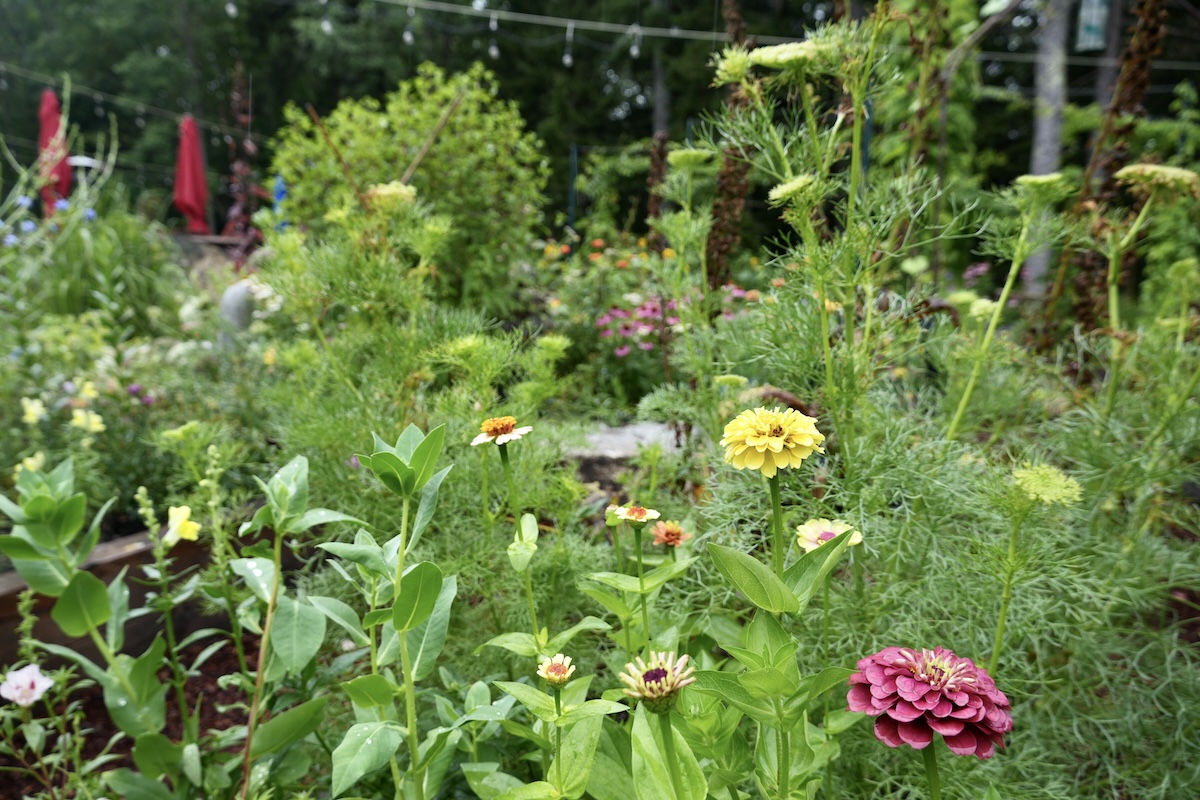
This is an eco-political time in which I want to be connected to a relatively safe place while recognizing there is no "safe" place but there are safer places.
A big part of that safety is the security I have in my familial connections and familial capital, the sharing of generational resources.
But that sense of safety is also to be found in forming connections in a community that shares your values, or enough of your values. Because it turns out values are not the same across the board. Our needs are the same, but how an individual or group of people go about meeting those needs varies.
And in a time of climate change, safety is also found in regions better suited to adapt to the changes.
All of these observations and thoughts about family resiliency in the context of society, culture, and the environment significantly contributed to the decision-making process to move here.
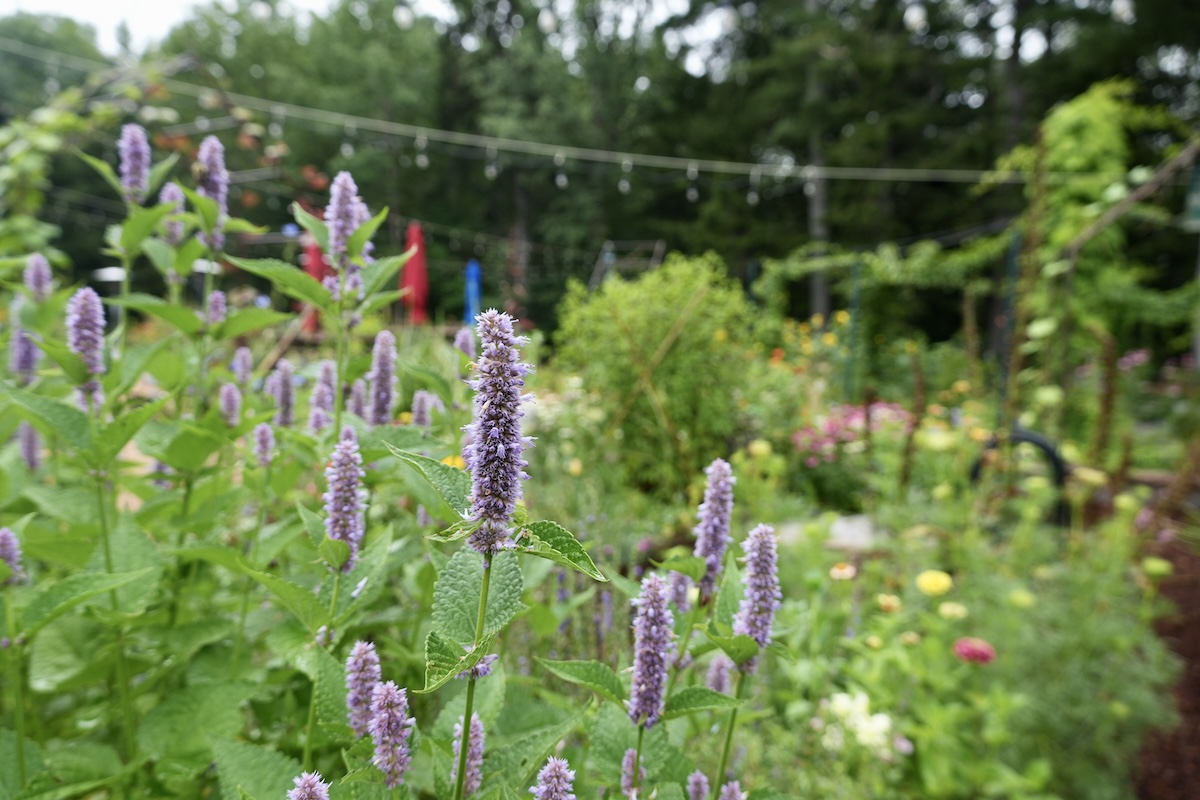
Ironically, it’s our location independence that helped facilitate this transition with such ease. No need to find a job. Where we move, our work moves.
When I was a kid I took my parents' social capital for granted.
Of course I did, since taking gifts for granted is probably the definition of childhood.
I depended upon it but I also resisted the idea of it.
My dad was a small business owner and employer. When he was a child, he did not enjoy his school years, except for high school shop class and football, and didn’t attend college or university. For the entirety of my childhood he owned a construction company. Our family name could be seen on job sites around town and even in some far flung places where he won contracts.
My dad intimately knows the value of hard work, much of it physical, and personal relationships in building a family, a life, and a business. And he’s been successful at doing all three.
Growing up, my dad would often say, “it’s not what you know, it’s who you know”.
This quip deeply disturbed my childhood sense of fairness, an innate value that had remained intact in me by a protective and loving home. For my dad to suggest that people’s access to opportunities like employment was affected by their social capital (not a term any of us used) was an assault to my sense of right and wrong. It really bothered me. And it still does.
Reality cannot be reduced to pithy sayings. And also in a knowledge economy, what you know does matter. Knowledge of all kinds is an asset, including construction knowledge, to which my dad would heartily attest. But the veracity or at least partial credibility of this statement rings true in my years of accumulated life experience.
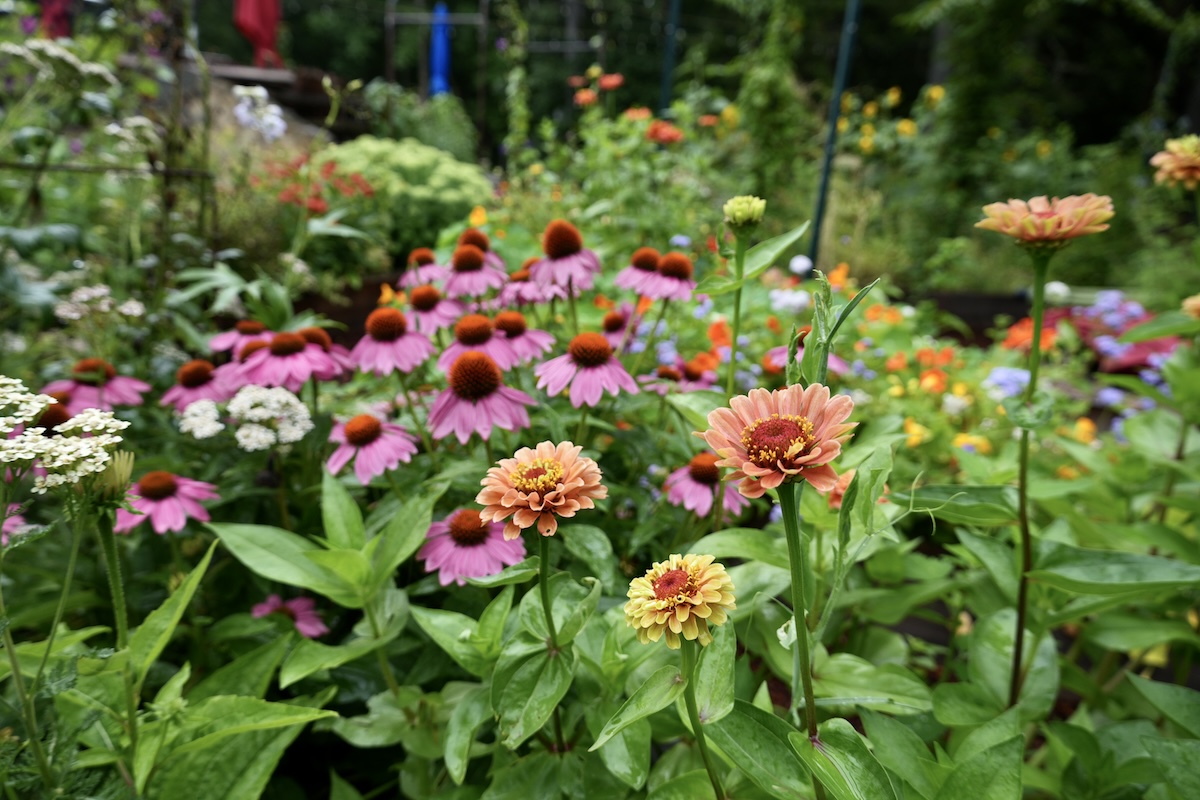
It speaks to the underlying truth that as relational beings our connections matter.
In non-liberalized worldviews (eg: Indigenous cultures, contemporary intentional traditional communities, old world European, etc.) its our connections - who we come from and are in relationship with - not our employment, education level, bank balances, preferred pronouns, etc. that define a person’s identity. All of which are an individual-at-the-center way of looking at the world, where you define your identity by what you have acquired or how you, as an individual, perceive yourself.
I have always felt pride in being Karen and Derryl’s daughter, even during those teen years when you are most likely to disdain or shun that connection. I was never embarrassed that these were my parents. I felt pride in my family name and identity.
That could be my core value of loyalty being expressed, but regardless of how it comes to be that way, the fact of it remains.
For the last 24 years of my life my relations have meant nothing to the people in my physical community. No one knew the people I come from. And now they do. To meet people out and about, to introduce myself and have them know my parents is a real treat for me.
When I moved away from Alberta, where I had grown up, I loved the blank slate feeling of defining my identity on my own. This might just be the beating heart of the entire liberal worldview.
I wanted others to know me on my terms.
I wanted to know me on my terms.
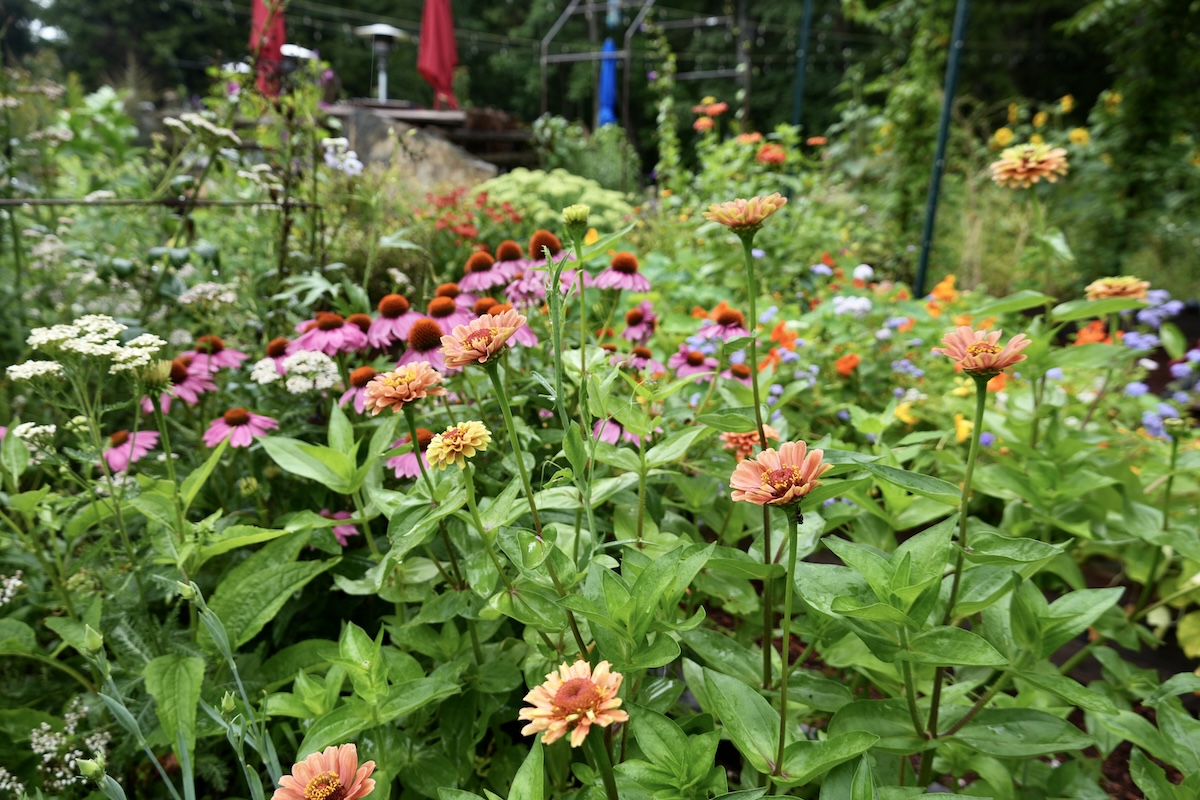
I appreciate what I have gained internally and in my marriage growing into my adulthood largely independent from my relations.
Let's wrap this up.
Overall, I like who I’ve become for which I can thank both my heritage and my independence.
But there have also been loses, and I recognize those. (I am the type of person who is keenly aware of losses, so there is no need for me to list them here as a reality check.)
It is my parents’ connections and physical labour and presence in their community that has allowed Damien and I to land here with ease, materially and relationally.
I know myself, and how I differ from my parents and where our values and behaviours align and where they don’t. And maybe it’s this developed independence and self-knowing that allows to me come back under their wing, so to speak, without internal resistance. I say that because in addition to the pride I feel about my family of origin I’m also rebellious and refuse to adhere to any external expectations that are not ones I have freely chosen to accept.
I have no fear of losing myself and my independent thinking living in close connection with my parents. I’m nearly 50 years old for goodness sake. I better be comfy in my own skin by now.
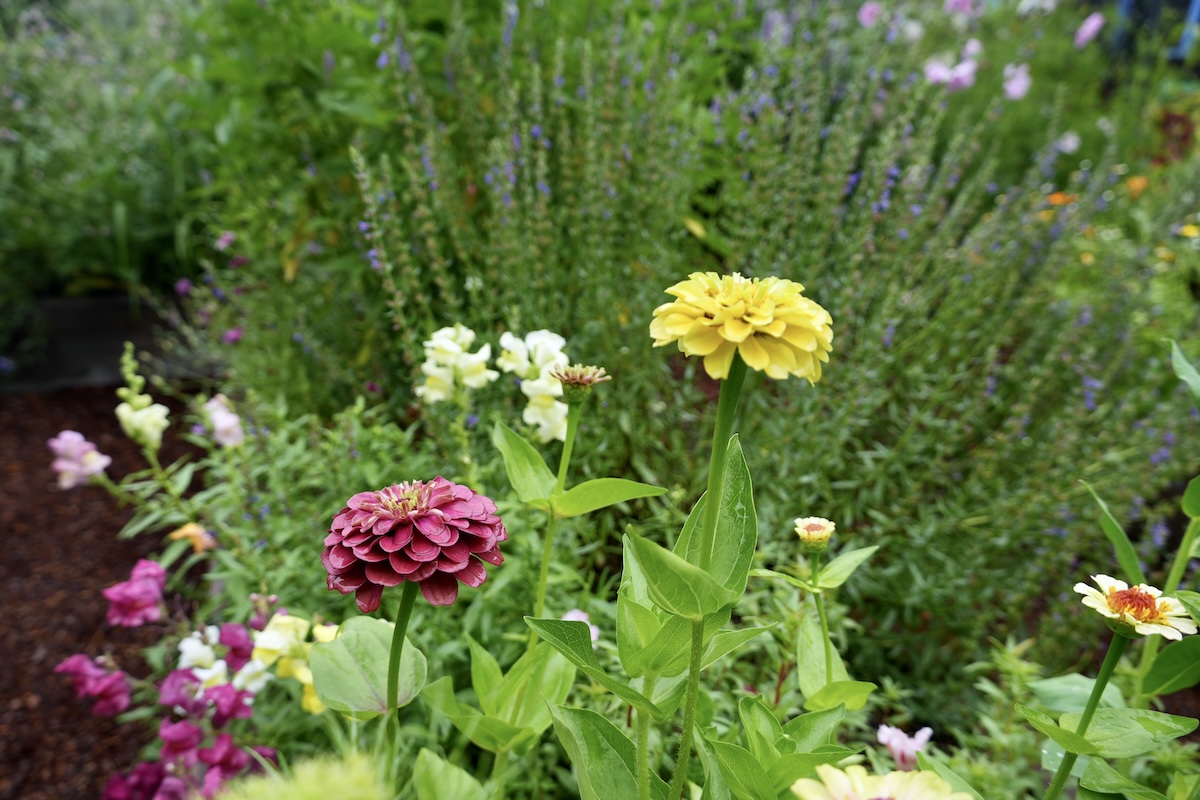
As our own children grow into their adulthood, this is also what we hope for them. An independence of personhood, the opportunity to be fully themselves and to remain strongly connected to us relationally.
That was our goal in raising and homeschooling them. The development of self in the network of the love and support of family.
Our children are free to live their own life wherever their path will take them, and we encourage that.
Having done that ourselves this is now where we’ve landed, back with my parents. Committed to building connections to this place and resiliency for us and our children, should and when they need it.
Filed Under
Resource Library
You can subscribe to comments on this article using this form.
If you have already commented on this article, you do not need to do this, as you were automatically subscribed.





